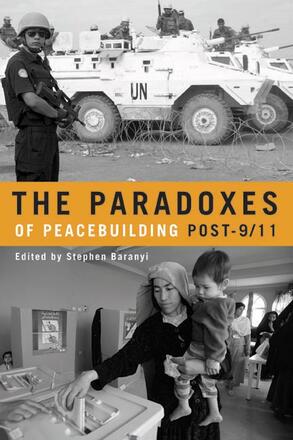
Grappling with questions of sustainable peace and military intervention in a post-9/11 world, this book presents six provocative case studies authored by respected peacebuilding practitioners in their own societies.
Description
Is sustainable peace an illusion in a world where foreign military interventions are replacing peace negotiations as starting points for postwar reconstruction? What would it take to achieve durable peace? This book presents six provocative case studies authored by respected peacebuilding practitioners in their own societies. The studies address two cases of relative success (Guatemala and Mozambique), three cases of renewed but deeply fraught efforts (Afghanistan, Haiti, and the Palestinian Territories), and the case of Sri Lanka, where peacebuilding was aborted but where the outlines of a new peace process can be discerned.